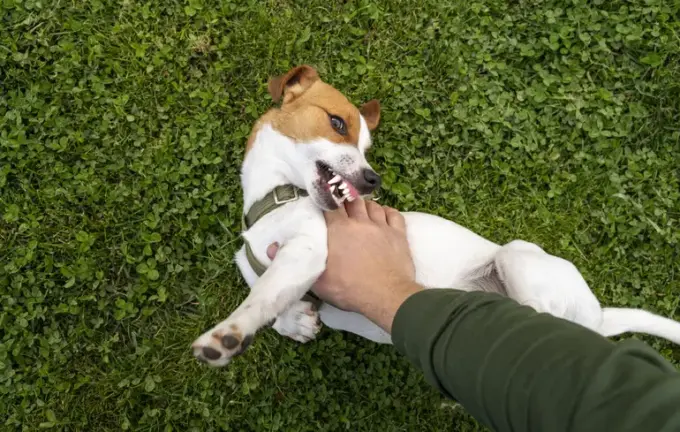Caution Above All: What to Do if You Are Bitten by a Suspected Rabid Animal

The threat of rabies remains one of the most significant dangers posed by animal bites, especially in the current context of epidemiological challenges across Ukraine.
This deadly viral disease can affect the central nervous system of both humans and animals, including pets and wild creatures.
Staying alert and knowing how to act promptly after an incident is crucial to prevent fatal outcomes.
According to the Ukrainian Center for Public Health, immediate action is imperative after being bitten or contacted by an animal suspected of carrying rabies.
The incubation period can vary from several days to over a year, depending on the bite location, the state of the individual’s immune system, and the virulence of the virus.
Timely prophylaxis, including vaccination and immunoglobulin administration as prescribed by a healthcare professional, can save lives.
In case of a bite, the first steps should include thoroughly washing the wound with soap and water for at least 15 minutes, disinfecting with an antiseptic containing 70% alcohol or a 5% iodine solution, and seeking medical attention promptly.
If a healthcare provider refuses to administer the rabies vaccine, contact another facility or call the Ministry of Health’s hotline at 0 800 505 201.
Remember, even animals appearing healthy can carry the virus several days before symptoms manifest.
Any contact with a suspicious animal requires rapid and professional medical intervention.
Signs of rabies in animals include loss of fear of humans, aggression or lethargy, excessive salivation, difficulty swallowing, or paralysis.
Acting swiftly—disinfecting the wound, seeking medical help, and following recommended prophylaxis—is crucial.
Delays can cost lives.
Given the current situation, always consult healthcare specialists if you suspect rabies after contact with an animal—do not delay in seeking urgent medical aid.

